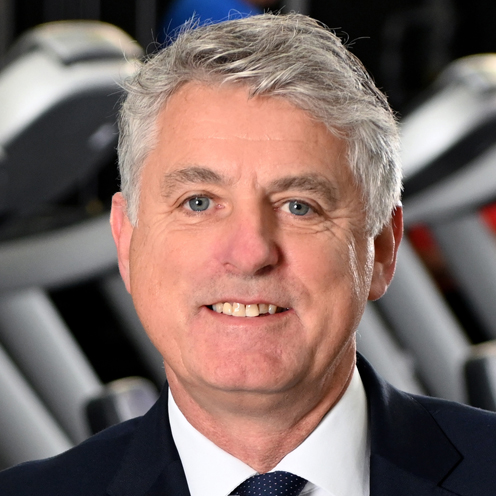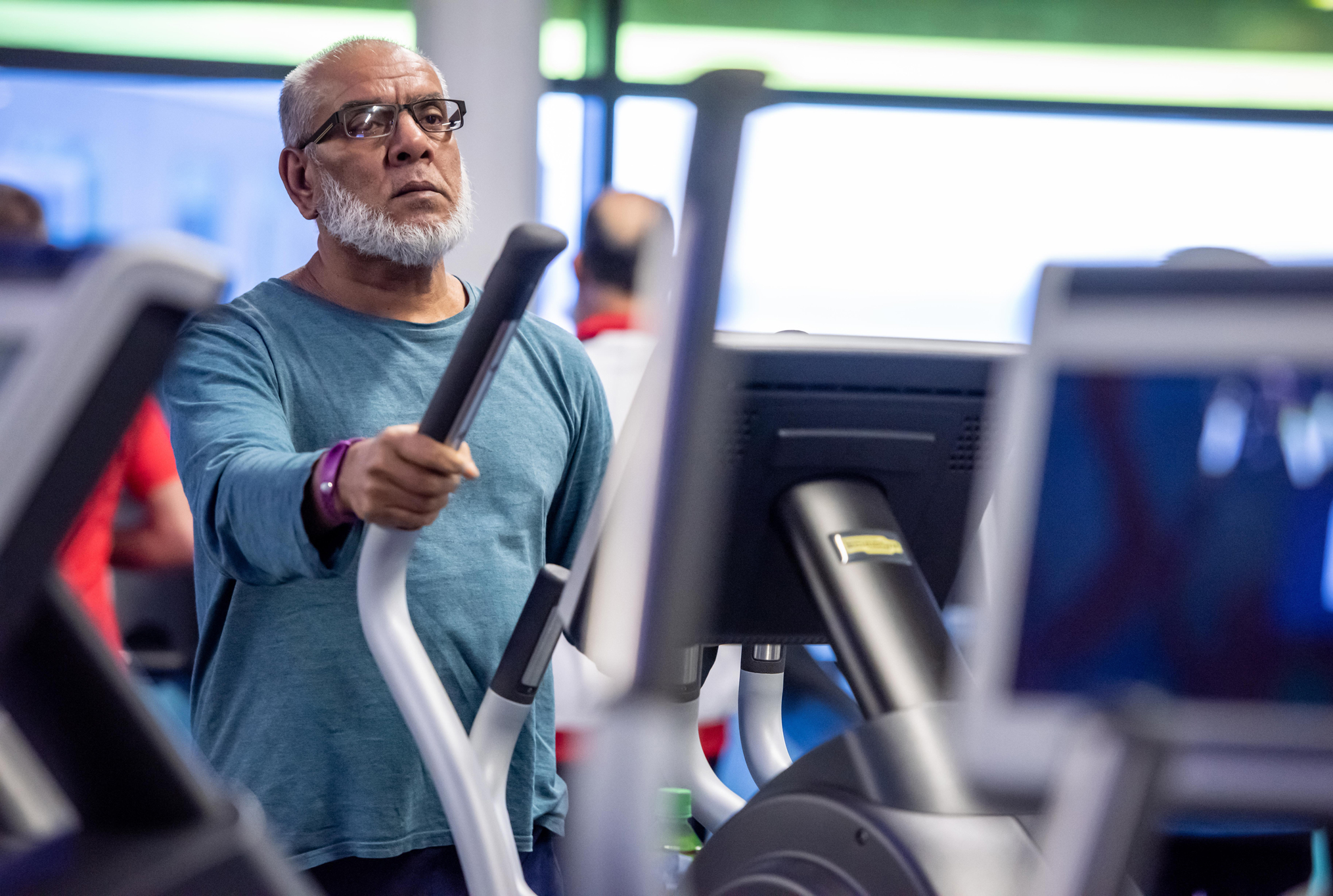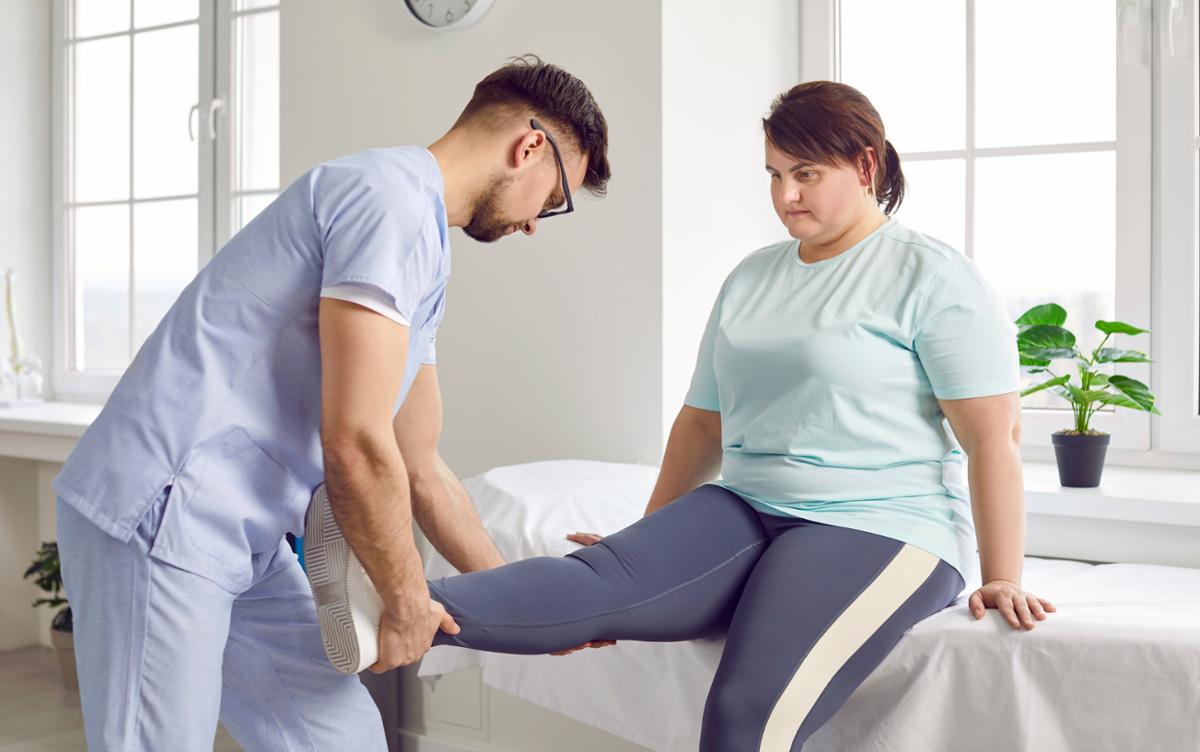The UK government has announced a £40m two-year pilot study to help people living with obesity access the newest and most effective weight loss drugs.
Earlier this year, the National Institute for Health and Care Excellence (NICE) recommended the use of the drug Semaglutide (trading under the brand name Wegovy) for adults with a Body Mass Index (BMI) of at least 35 and one weight-related health condition, such as diabetes or high blood pressure. Other drugs are currently under consideration in clinical trials.
When prescribed alongside diet, physical activity and behavioural support, there’s evidence that people taking weight-reduction drugs can lose up to 15 per cent of their body weight in one year, with changes seen within the first month of treatment.
Obesity is one of the leading causes of severe health conditions such as cardiovascular disease, diabetes and cancer and the UK government reports it costs the National Health Service (NHS) £6.5bn a year. To illustrate the extent of the challenge, there were more than a million admissions to NHS hospitals in 2019/2020 where obesity was established as being a factor.
Using these new drug treatments to tackle obesity is expected to contribute to cutting waiting lists by reducing the number of people who are suffering from weight-related illnesses, who often end up needing operations linked to their weight – such as gallstone removal or hip and knee replacements.
Opportunity for the industry
NICE originally advised that Wegovy should only be made available via specialist weight management services, which are largely hospital-based. However, following this course of action would have meant that only around 35,000 people would have had access to the drug.
Realising that tens of thousands more people could be eligible to get Wegovy if it could be dispensed more widely, the NHS has developed the new pilot to explore the expansion of specialist weight management services outside of hospital settings.
No final announcement has been made as to how this will be implemented, leaving the way open for health clubs to step forward to work with the NHS on delivery.
NHS England is leading on the design and development of the pilots, liaising with stakeholders to explore opportunities to make these drugs available to more eligible people once they’re launched in the UK.
The UK’s health and social care secretary, Steve Barclay, said: “Obesity costs the NHS around £6.5bn a year and is the second biggest cause of cancer. This next generation of obesity drugs have the potential to help people lose significant amounts of weight, when prescribed with exercise, diet and behavioural support.
“Tackling obesity will help to reduce pressure on the NHS and cut waiting times. This pilot will also help people live longer, healthier lives,” he said.
NHS medical director Professor Sir Stephen Powis said: “Pharmaceutical treatments offer a new way of helping people with obesity reach a healthier weight and this new pilot will help determine if these medicines can be used safely and effectively in non-hospital settings.”


























































